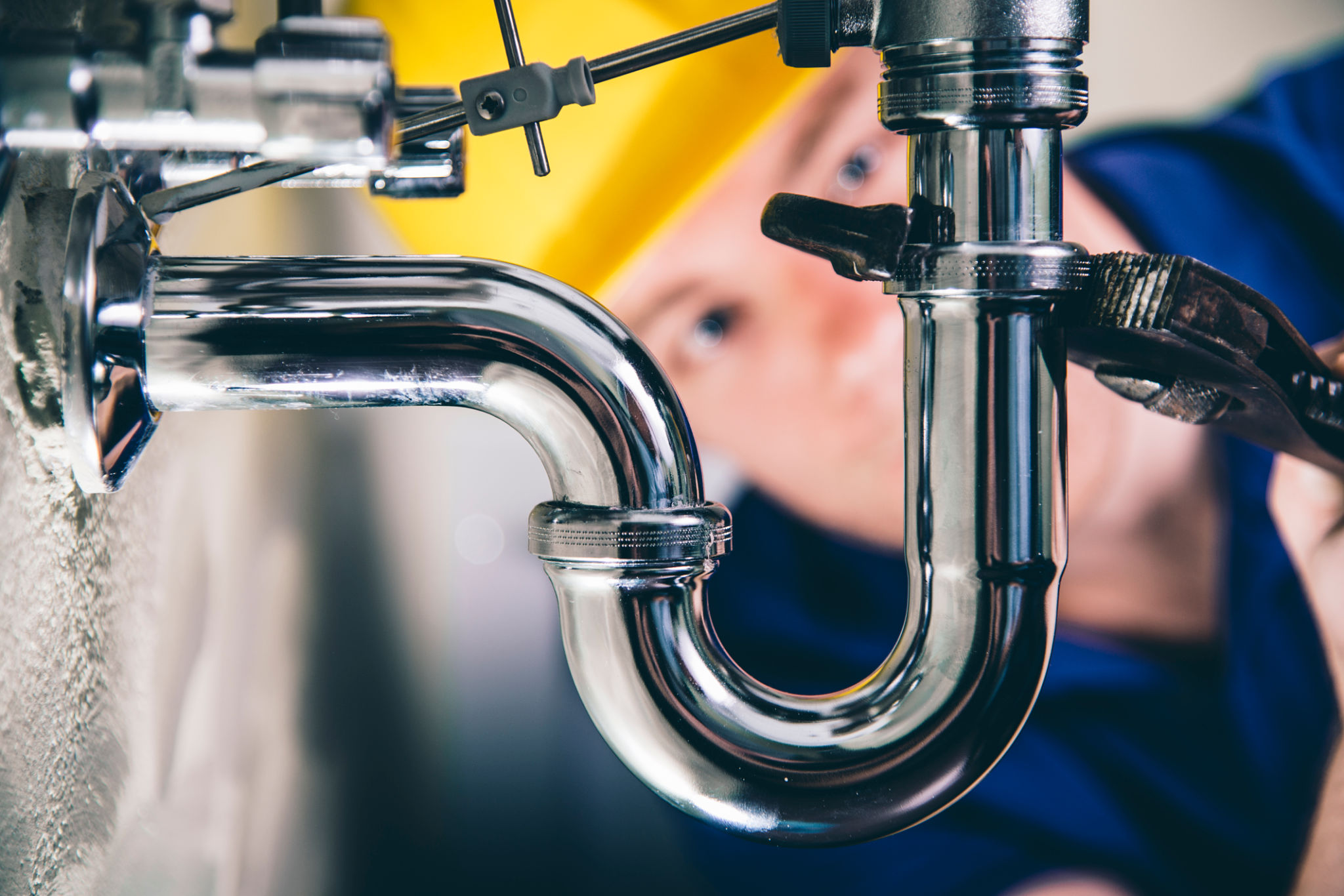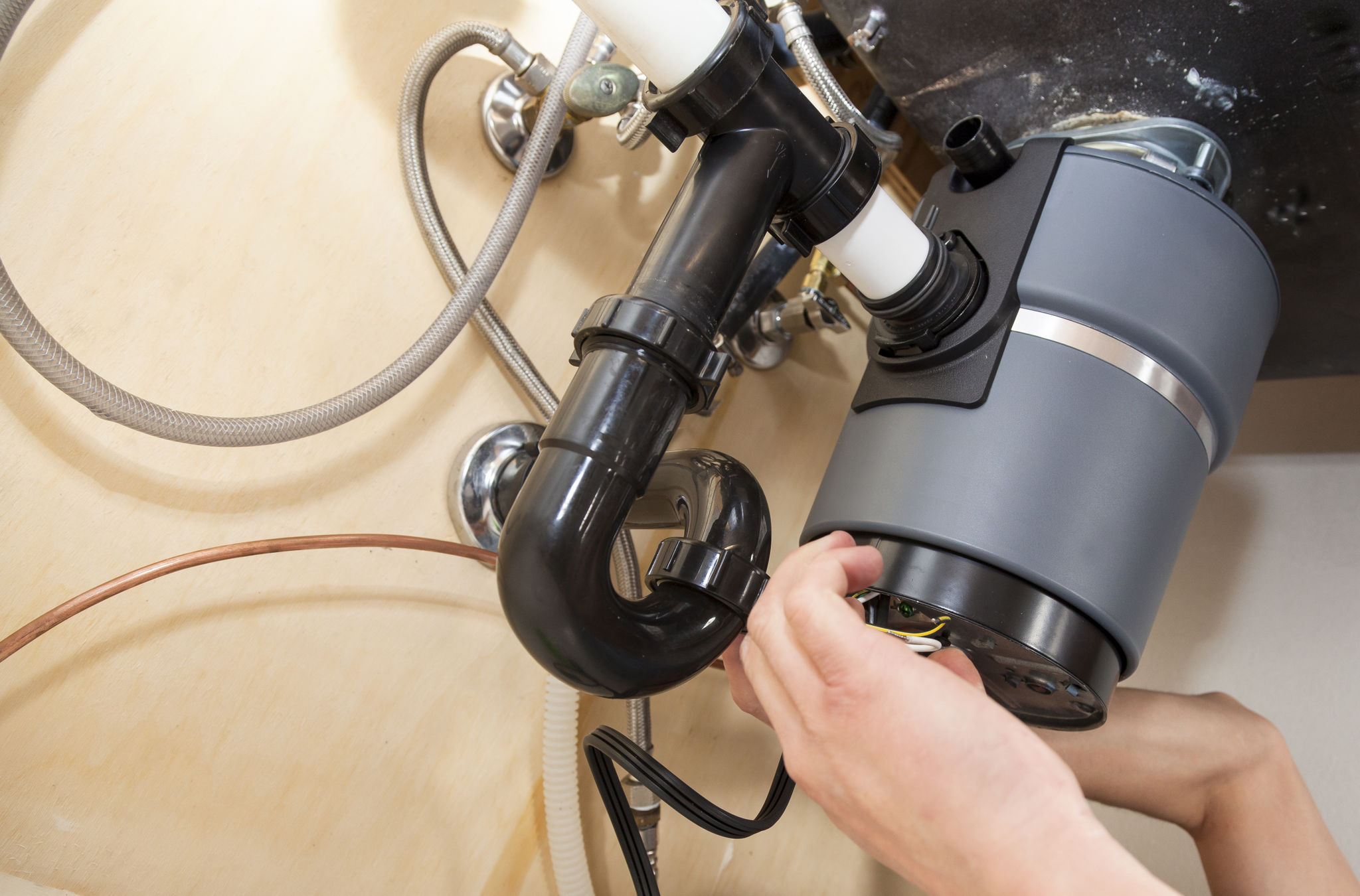The Ultimate Guide to Cesspool Maintenance and Care
Proper cesspool maintenance and care are crucial for ensuring a healthy and efficient waste management system. Often overlooked, these underground structures play a vital role in managing household waste. Regularly maintaining your cesspool can prevent costly repairs and potential health hazards. In this guide, we'll cover essential tips and best practices for keeping your cesspool in top condition.
Understanding Cesspools
A cesspool is an underground pit where sewage from a property is collected. Unlike septic tanks, cesspools do not treat waste but merely allow solids to settle while liquids seep into the surrounding soil. This makes regular maintenance crucial to prevent blockages and overflow.
Signs Your Cesspool Needs Attention
Recognizing the early signs of cesspool issues can save you from significant inconvenience. Some indicators that your cesspool might require attention include slow drains, gurgling plumbing, unpleasant odors, and patches of lush grass near the cesspool area. If you notice any of these signs, it's essential to address them promptly.
Ignoring these warning signs can lead to severe problems such as sewage backups and environmental contamination. Regular inspections can help identify issues before they escalate.

Routine Maintenance Practices
Routine maintenance is key to preventing cesspool problems. Here are some essential practices:
- Pumping: Have your cesspool pumped by a professional every three to five years, depending on usage. This helps remove accumulated solids and maintain proper function.
- Inspection: Regularly inspect your cesspool for signs of wear or damage. Look for cracks, leaks, or unusual settling in the surrounding soil.
- Conservation: Conserve water to reduce the load on your cesspool. Fix leaks promptly and consider installing water-saving fixtures.

Avoiding Common Mistakes
Certain practices can harm your cesspool and reduce its lifespan. Avoid pouring chemicals, oils, or grease down the drain as these can clog the system and disrupt natural bacteria essential for breaking down waste. Similarly, avoid flushing non-biodegradable items such as diapers or wipes.
Educating household members on what not to flush or pour down drains can go a long way in maintaining a healthy cesspool.
Engaging Professional Services
While some maintenance tasks can be performed by homeowners, engaging professional services ensures comprehensive care. Professionals can conduct thorough inspections, identify potential issues, and provide expert advice on prolonging the life of your cesspool.

Environmental Considerations
Cesspools have a significant environmental impact if not maintained properly. Leaking cesspools can contaminate groundwater supplies, posing risks to human health and local ecosystems. By following proper maintenance practices, you contribute to environmental conservation efforts.
Consider exploring eco-friendly options such as upgrading to a modern septic system that treats waste more efficiently and reduces environmental risks.
Conclusion
Cesspool maintenance is an essential aspect of home ownership that should not be neglected. By following these guidelines, you ensure the longevity of your cesspool and protect the environment from potential hazards. Regular inspections, proper waste disposal, and professional assistance are key components of effective cesspool care.
Embrace these practices to maintain a safe, efficient, and environmentally responsible waste management system for your home.